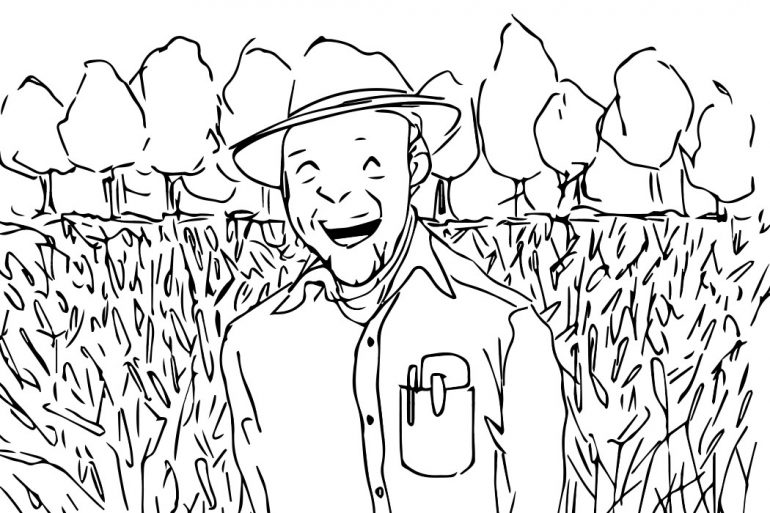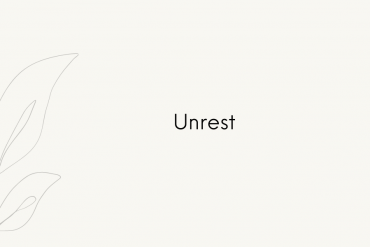A voice has begun to resonate through the cluttered halls of our modern consciousness. It is a voice that pleads for sanity in the midst of a mad world. As we continue in our blind inertia towards the apocalypse of excess and greed, this voice teaches us to resist planting the glimmering seeds of our own destruction. This voice belongs to a rural farmer from Kentucky; a poet, novelist, and essayist beyond compare. It is ultimately and clearly the voice of a prophet. It is the voice of Wendell Berry.
A few weeks ago, I met the man himself. I traveled with some other members of EcoTheo to Northern Kentucky for a conference which featured Wendell Berry as the speaker. Hosted by an organization known as the Au Sable Institute (ausable.org), the weekend focused on bringing together a group of graduate students from all over the country around the theme of Christianity and the sciences. On Saturday, Berry came to join us for a Q&A session. Stomping in from the cold Kentucky air, Wendell arrived with kind eyes and a sharp wit. Berry’s responses to our questions ranged broadly from discussions of ancient poetry, to farming legislation, to wisdom he has gained over the years on the writing life. Following the session, I strolled up to Wendell with a false sense of calm and shook the hand of a man who has transformed my life through his words. Though my personal interaction with Berry lasted just a few moments, I learned two valuable lessons from him over the course of my time in Kentucky.
Time to light a fire
I first observed from Berry the necessity to treat writing as a discipline. Following our Q&A session with the Au Sable fellows, Wendell promptly excused himself, explaining his need to get back home to light the fire in his writing shed. At some point in my reading of Mr. Berry, I was convinced that he and I were different breeds. He belonged to the upper stratum of literary prowess reserved for those who were bestowed with God-given brilliance in the art of writing. With the qualification that I do believe Wendell was gifted with a natural talent for his craft that few possess, I understand now that the reason for his brilliance runs much deeper. For Wendell, writing is not merely a gift that arises when the proper inspiration hits. His gift lies not in the casting of a spell. Rather, the man digs deep into the practice of writing just as he digs deep into the soil of his family farm. There is a tenacity that exists in his practice, and a sacred space that no one can disturb in his desire to write words that are worthy of his beautiful life. I want to be hungry like Wendell Berry. Hungry to write, think deeply, and discipline my body and mind toward the cultivation of a craft. If you want to become great at anything, the path is difficult but clear. We must work like hell until our hands bleed to craft something beautiful with our lives. It wasn’t until I felt the calloused hands of Mr. Berry that I understood this in a meaningful way.
Great writing comes from great living
My fortuitous encounter with Wendell also taught me the importance of carving my own path in this world. I once aspired to become Wendell Berry. Meeting him has taught me to yearn for something new. To be a voice, not an echo. Part of what makes Berry so influential in his writing is his ability to connect with the universal through the particular. We are able to unpack the truths of our own lives through his description of living in rural Kentucky on a farm. As one of many who deeply admire Berry, I have sometimes fantasized of working on a rural farm while writing with similar beauty and vision. However, the world does not need another Wendell Berry. One great life is sufficient for the work that he has accomplished. I’ve now realized that the real task for my future lies in the adoption of Berry’s words, not his life itself. Should some of us still carry the torch of the small family farm? To that I would answer with a resounding yes. But that life is not what’s in store for most of us. We must all learn to find our own voices in this life; to carve our own paths and speak of the universally profound through the particularity of our individual lives. Only then will we learn to write, and live, with the clarity of purpose and passion that Berry embodies.




